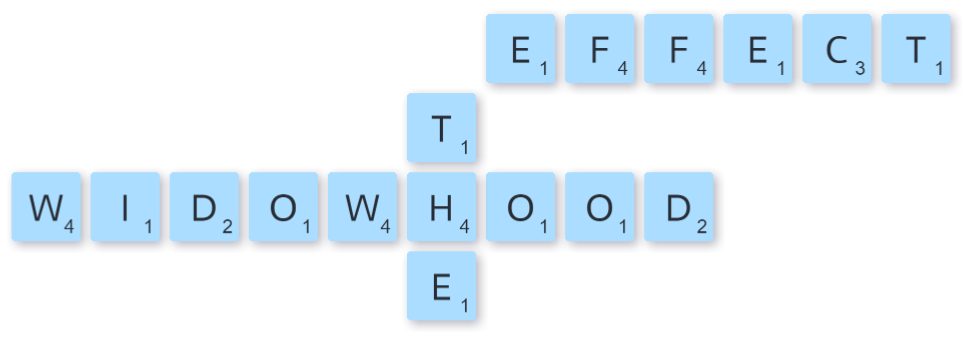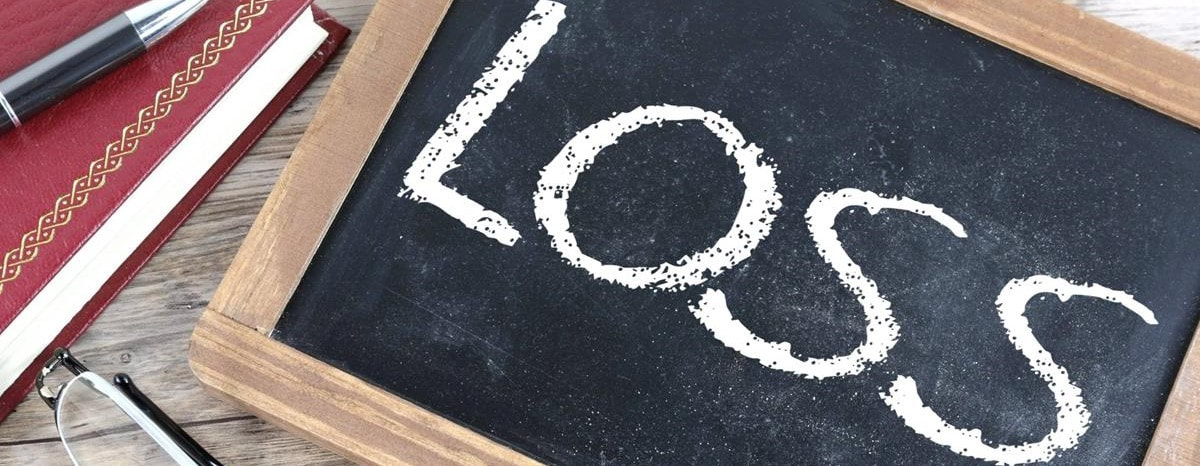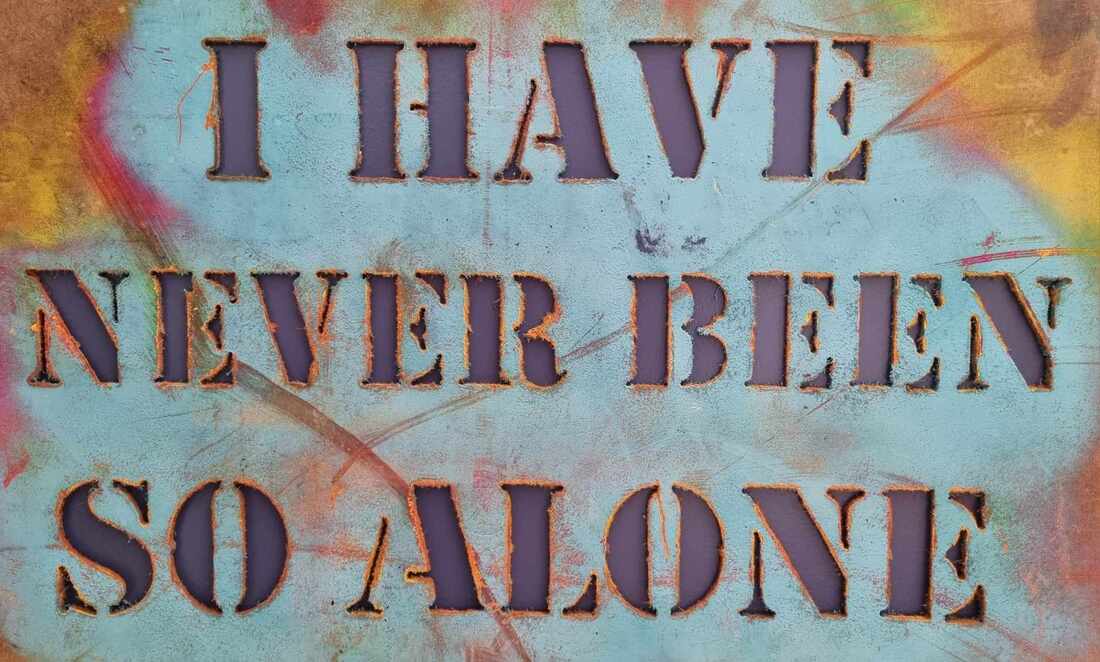|
I say ‘be kind to yourself’ or be gentle with yourself’ a lot to people who are grieving. I was typing it on Twitter/X and I thought – what do I actually mean?
It’s about being as nice to ourselves as we would to our friends or family. It’s about self-care that’s more than just a bubble bath. It’s about wanting the best for ourselves, not pushing our needs to the back. It’s about understanding that we are just as important, just as amazing, just as worthy as everyone else. But it’s also about understanding that we are hurting and a bit fragile. So – please – be kind to yourself today.
1 Comment
My day job is writing about science and medicine, and over the past decades I have read hundreds, if not thousands, of scientific papers. They rarely start with a Shakespeare quote and a discussion of poetry and fiction. The text above is taken from a 1986 letter to the British Medical Journal by Dr Brian McAvoy, then a senior lecturer at the University of Leicester.
The letter, called Death After Bereavement, talks about the increased risk of death after losing a partner, with a higher risk for men, and for people who are bereaved young. Dr McAvoy found the risk to be higher in the first six months for women, and in the second year for men. This increased risk of death has become known as the widowhood effect, and has been confirmed in other studies and in meta-analyses (scientific papers that combine the results from a number of previous studies). A study from March 2023, in people over 65, showed that the risk of death was highest in the first year after bereavement, and higher in men than women. Overall, the risk of death was 70% higher for men aged 65–69 years, and stayed higher for six years. For women in the same age group, the risk was 27% higher in the first year. Widowhood effect causes of death include cancer, cardiovascular disease, infections, accidents and suicide. Why does this happen? It’s not clear why the widowhood effect happens, or why the impact is greater in men. There are a number of potential reasons:
What to do Self-care is important after bereavement, and it’s more than just a bubble bath. It’s about getting sleep, eating as well as you can, keeping in touch with people, and seeking medical care when you need it. Psychotherapy and counselling can also really help if you are struggling. When we are widowed, everyone is aware of the biggest loss – the loss of our partner. But there are secondary losses as well, and one of these is the loss of role.
When my mother died, my father never really got over her loss. As well as losing the person he’s known since childhood and he’d been married to for over 60 years, he lost his role as her primary carer, and I believe that this had a huge impact on him. He lost his reason to get up in the morning, his reason to look after himself so that he could look after her. And it broke my heart. I helped Tim in his business as a bookseller. People in the village would said ‘oh, you’re the bookshop, aren’t you,’ and it surprised me how much of a loss that was for me. "I have never been so alone" The Derby Witness 2020 Many of us have been lonely at one time or another, and it is a deep dark feeling. I didn't really understand the depth of it until I was a childfree widow during the COVID-19 lockdown in spring 2020, when I couldn't visit anyone, touch anyone, or chat with anyone other than from a distance. The aloneness and the loneliness that came with it made me hurt physically.
When we are widowed, loneliness can be overwhelming and all-encompassing, and made worse by our grief. It can feel physical. As a someone said on Twitter – yearning is a physical pain, an ache that never ceases. It’s also a loneliness that isn’t linked to being alone – we can be lonely in a crowd. Health impacts of loneliness Being lonely can affect health – social isolation and loneliness have been linked with a number of forms of physical and mental illness, including high blood pressure, heart disease, stroke, type 2 diabetes, a weakened immune system, worsening Parkinson’s disease symptoms, anxiety, depression, suicidal ideation, stress, cognitive decline, dementia, and even death. There’s a number of possible reasons for this – loneliness and grief are both linked with behaviour that can affect our health, including not eating or sleeping properly, not exercising, and drinking or smoking more than is healthy. People who are grieving and lonely may not look after their health. And loneliness itself can affect health, with reduced immunity, increased inflammation and increased pain. What to do? Woman’s hour on Radio 4 had a special on Loneliness – the last taboo?, and it’s worth listening to. There are groups and organisations that can help with information on loneliness and how to cope:
If you want to find people locally and nationally to connect with, there are organisations and websites that link people up: Some years ago I wrote a monologue, The Hourglass, about widowhood and disenfranchised grief. About a woman who could not tell anyone that her lodger was actually the woman she loved, and who loved her.
Disenfranchised grief or hidden grief is grief that isn't recognised by other people, because they don't see it as significant, or it is a grief that isn't or can't be made public. Some widows experience disenfranchised grief when they lose a partner who is not recognised as a partner to the outside world. This could be because they were separated or divorced at the time of death, together for only a short time, or together but could not admit that they were together because of cultural or social pressures. People who are lesbian, gay, bi and in a same sex relationship, but aren't out. People who are trans, or in a relationship with a trans person, and aren't out. People who are in a poly relationship. People who are having an affair. People who lose a friend with benefits. Disenfranchised grief can also be associated with losing someone when they were involved in a crime, or killed in a violent crime, who had addiction issues, who had mental health issues, or who died by suicide. Coping with disenfranchised grief People experiencing disenfranchised grief may not be able to have an involvement in a funeral or wake, and may even be excluded from any of the mourning rituals. Creating your own mourning rituals to honour their loss can help, from planting a tree, through fundraising or donating to charity, to walking in a favourite place. If you have someone you can talk to, let them know how you feel. Talking to a therapist might also help. Please remember You are a widow* and are welcome here if you have lost your partner. Young or old or somewhere in between – you are a widow. Committed to each other for a few months, or the whole of your life – you are a widow. Living together or living apart – you are a widow. Going through tough times when they died – you are a widow. Queer or straight – you are a widow. Cis, trans, non-binary, agender, gender-expansive, gender-fluid, intersex – you are a widow. Childless, child-free, have children or have lost children – you are a widow. In a traditional or a non-traditional relationship - you are a widow. Got another partner or are dating, or haven't got another partner, don't want another partner or don't want a traditional relationship – you are a widow. Days in or decades in – you are a widow. *I use 'widow' as a non-gendered term |
AuthorI was widowed at 50 when Tim, who I expected would be my happy-ever-after following a marriage break-up, died suddenly from heart failure linked to his type 2 diabetes. Though we'd known each other since our early 20s, we'd been married less than ten years. Archives
July 2024
Categories
All
|







 RSS Feed
RSS Feed